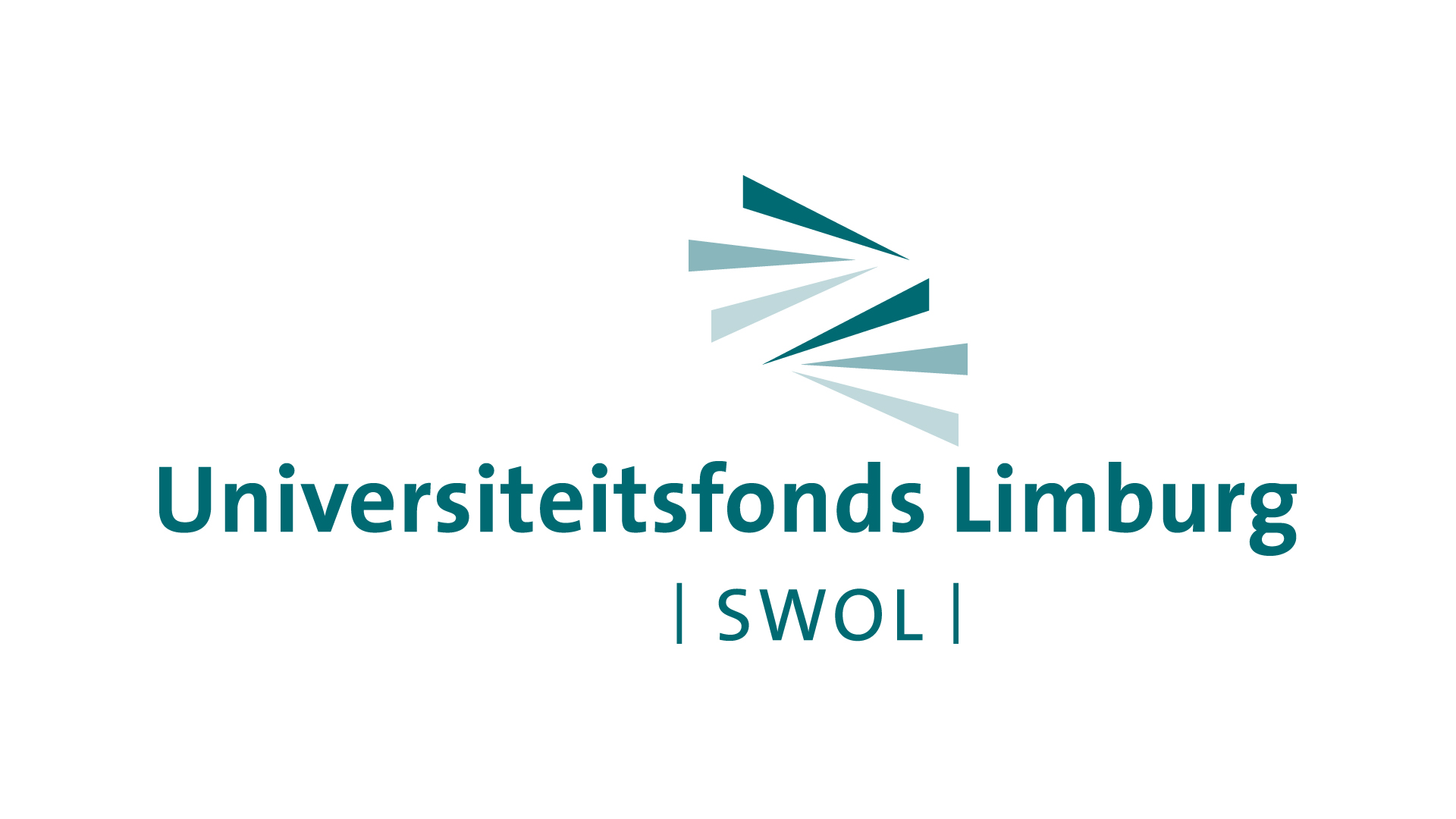MCEL/CERIM Academic Opening Conference
In the last twenty years, academia in political sciences and law has focused on this policy concept of Europe à la carte, multi-speed Europe, variable geometry or concentric circles of cooperation. This discussion has been further revived with the nexus between deepening and enlarging the Union leading to concentric circles of cooperation between some EU Member States. Most of the notions such as ‘multi-speed Europe’, ‘Europe à la carte’, ‘variable geometry’, ‘hard-core Europe’ and a ‘Europe of concentric circles’ are used as policy concepts indicating the path of a future effective functioning of the European Union. It enables some Member States to pursue in certain policy fields the path of deeper integration and prevents a stand-still in the integration process. However, academic research has already for many years recognised differentiated integration on different levels of primary and secondary law as a defining governance feature of the Union. Flexibility becomes a policy and legal tool to reconcile heterogeneity of national interests, the diversity and sheer number of EU member States and the complexity of EU policy fields with each other and if applied within a predictable framework, strengthens European unity.
The idea of multispeed Europe has been prominently featured in the recent European Commission White Paper on the Future of Europe and defined by the Member States representatives in the March 2017 Rome Declaration celebrating 60 years of Rome Treaty as ‘acting together at different paces and intensity where necessary’. This MCEL/CERiM opening event takes up this topical issue, which is once more in the political and academic limelight, from an interdisciplinary perspective and reflects on differentiated integration as a general policy tool but also highlighting the existing legal framework and practice of differentiated integration of EU law and policy. This timely event will also highlight the findings of a research project by MCEL/CERiM researchers who have edited a recently published volume on 'Between Flexibility and Disintegration, The Trajectory of Differentiation in EU Law' published by Edgar Elgar. The opening event will bring together researchers working on this topic to summarise and discuss their research findings and take the opportunity to outline further research in the upcoming years.
Programme
12:45 – 13:30 Registration
13:30 – 13:45 Welcome: Ellen Vos, MCEL co-director/CERiM co-director and Professor in EU law, Faculty of Law, Maastricht University
13:45 – 15:00 Panel I: Multi-speed Europe as a Legal and Policy Concept
Chair: Bruno de Witte, Professor of European Law, Faculty of Law, Maastricht University
Speakers:
- Bernd Martenczuk, European Commission: ‘The legal framework of differentiated integration’
- Mathieu Seegers, Professor of Professor of Contemporary European History and European Integration at Maastricht University and Dean of University College Maastricht: ‘Differentiated integration since the Maastricht Treaty: past, present and future’
15:00 – 15:30 Coffee/tea break
15:30 – 17:00 Panel II: Differentiated Integration: Academic Perspectives
Chair: Sophie Vanhoonacker, Jean Monnet professor and Chair in Administrative Governance, Faculty of Arts and Social Sciences, Maastricht University, CERiM
Speakers:
- Maciej Kisilowski, Associate Professor of Law and Public Management & Director, Initiative for Regulatory Innovation, CEU, Budapest
- Esther Versluis, Professor of European Regulatory Governance at FASOS, Maastricht University, CERiM: ‘Multi-speed Europe? An absolute necessity in order to regulate complex policy problems’
- Bruno De Witte, MCEL co-director and Professor in EU law, Faculty of Law, Maastricht University and European University Institute, Florence; CERiM: ‘The Future of Differentiation and the Obstacle of Treaty Revision’
17:00 – 18:00 Book launch: Between Flexibility and Disintegration, The Trajectory of Differentiation in EU Law
Chair: Maja Brkan, Assistant Professor in EU law, Faculty of Law, Maastricht University, MCEL and CERiM
Speakers:
- Michael Dougan, Professor of European Law and Jean Monnet Chair in EU Law, Liverpool University
- Ellen Vos, MCEL co-director/CERiM co-director and Professor in EU law, Faculty of Law, Maastricht University
- Andrea Ott, Associate Professor in EU Law and Jean Monnet Chair in EU law, MCEL and CERiM
18.00: Reception
* co-funded by the University Fund Limburg

Also read
-
Conference: Truth and Authority in Criminal Justice
On 23 and 24 October 2025, the Maastricht Institute for Criminal Sciences will organise – in collaboration with several partners within and outside the Faculty of Law of Maastricht University – a multidisciplinary two day-conference in Maastricht on “Truth and Authority in Criminal Justice”.
23 Oct24 Oct -
Emerging Issues and Challenges in Privacy and Cybersecurity
This 2-day online training programme is a building block of the full Diploma Track on Privacy Management.
11 Dec12 Dec -
AI and the Future of Tax Law:
Rethinking Compliance, Governance, and Legal Design (online)
This conference is organized by Maastricht University, Department of Tax Law in cooperation with the Law and Tech lab of Maastricht University. The aim of the conference is to discuss deeply the developments of AI usage in taxation and...
17 Dec18 Dec